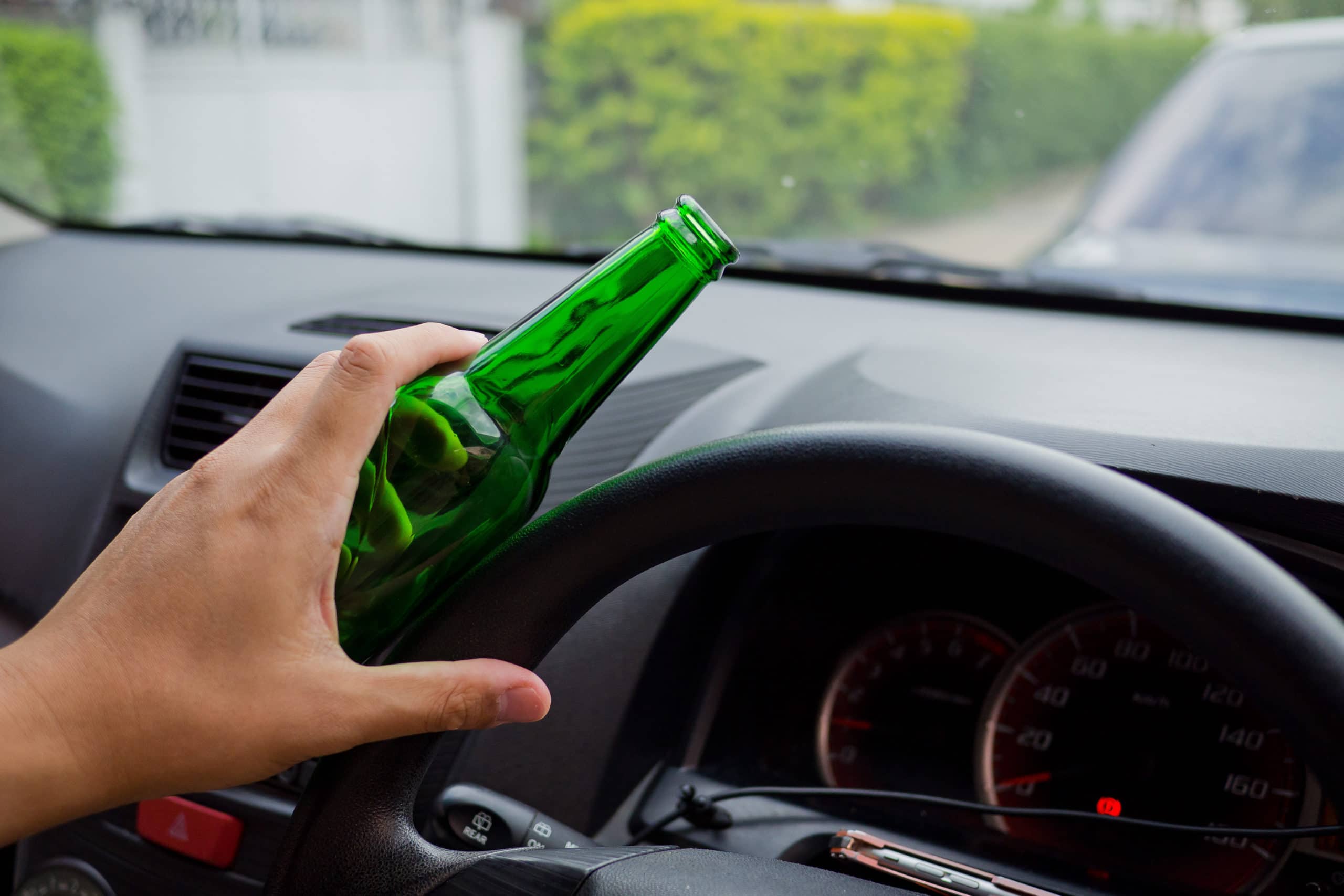
If you are facing intoxication manslaughter charges, you could end up in prison for up to 20 years. However, a charge does not mean a conviction. Get help from an intoxication manslaughter lawyer in Grand Prairie at the Law Offices of Randall B. Isenberg today: 214-696-9253.
How Does Texas Law Define Intoxication Manslaughter?
The following must be present to merit intoxication manslaughter charges:
- You were driving while intoxicated.
- You caused an accident.
- The accident led to another person’s death.
If the prosecution cannot prove that you were intoxicated and caused an accident, or that the accident caused the other person’s death, it has no case.
The victim can be a pedestrian, bicyclist, or an occupant of your or another vehicle.
What Penalties Might I Face for an Intoxication Manslaughter Charge?
The Texas Penal Code applies the charges of intoxication manslaughter in those cases where a drunk driver’s actions cause a fatality “by accident or mistake.”
This offense carries second-degree felony charges, which come with a fine of up to $10,000 and two to 20 years in prison. You will also lose your driver’s license for up to two years. You must install an ignition interlock device on any vehicle you drive. You must serve up to 1,000 hours of community service and attend a DWI education program.
If any aggravating circumstances apply to your case, you will face more severe charges and penalties. Aggravating circumstances may include:
- A BAC of 0.15 or higher
- Open container
- Minor passenger (14 or younger)
- Prior DWI conviction
If the accident victim was a first responder, such as a law enforcement officer, firefighter, emergency medical technician, etc., you will face first-degree felony charges.
If the accident resulted in multiple fatalities, or a combination of injury and fatality, the prosecutor will likely pursue multiple charges, the penalties for which would be consecutive. In other words, upon conviction for intoxication manslaughter and intoxication assault, you might spend as long as 30 years in prison.
Even if the prosecutor and judge go easy and impose a light sentence, you will still have a permanent criminal record. After conviction on felony charges, you will lose your right to vote, own a gun, sit on a jury, or even obtain a fishing or hunting license. You may be unable to hold a professional license (such as a real estate license or teaching certificate) and potential employers can use your criminal history to deny you a job.
What Defense Strategies Will Your Intoxication Manslaughter Lawyer Use?
When you consult our team, we will explain your potential options. Options typically range from entering a guilty plea, pleading guilty to a lesser charge, and going to court to fight the charges.
Unless you are willing to deal with the penalties associated with a conviction, you likely do not want to plead guilty.
The right approach for your defense strategy will depend on the details and circumstances of your case.
We will begin by analyzing the prosecution’s evidence, with the goal of identifying violations of your legal rights, mishandling of evidence, or other potential problems. Any such issue can help us negotiate to have your charges possibly reduced or dismissed.
If the prosecutor will not consider a lesser charge, we can pursue one of the following legal strategies, or another approach appropriate to your case. Because the prosecution must prove your guilt beyond a reasonable doubt, you should never assume that a guilty verdict is inevitable.
Challenge Legal Impairment: We may attempt to demonstrate that, although you had a positive BAC test result, your intoxication level did not exceed 0.08 at the time of your DWI accident.
Faulty Evidence: If the testing lab or technician did not follow specific guidelines for blood testing and analysis or rules for breath testing, we may attempt to persuade the judge to disallow the evidence.
Challenging Fault: The prosecutor must demonstrate that you caused the accident that led to a fatality; however, if we can challenge your fault for the crash, you could avoid an intoxication manslaughter conviction.
Challenging Cause of Death: To meet the statutory definition of intoxication manslaughter, you must have caused the DWI car accident and the accident must have caused the fatality. The prosecutor may successfully prove that you caused a drunk driving accident but, unless he can also prove that the accident directly resulted in the death, he cannot meet the legal burden of proof.
We may use any one of a number of other strategies to defend you and call upon a network of resources to build your case. We have access to accident reconstruction experts, doctors and other medical professionals, traffic and safety experts, etc., who can provide sworn testimony to dispute the prosecutor’s evidence.
We will work hard to build a persuasive case, to help achieve the best possible outcome for you and your future. We will protect your legal rights, provide counsel, and ensure that you clearly understand all your options.
Schedule a Free Case Review with an Intoxication Manslaughter Lawyer in Grand Prairie
You do not have to face these serious charges alone. You have already experienced a traumatic, life-altering experience from the accident. You obviously want to avoid conviction on DWI manslaughter charges any way possible. But, as you may undergo media and community scrutiny, you need to ensure you have a fair trial and the opportunity to present a defense on your behalf.
Attorney Randall Isenberg can put his more than three decades of experience to work for you. He will work diligently to build a strong case to give you the best possible chance of a positive outcome.
We would like to offer you a free case review, so you can get your questions answered and make an informed choice for your future. Call us today at 214-696-9253 to talk with an intoxication manslaughter attorney in Grand Prairie.










